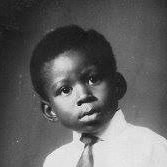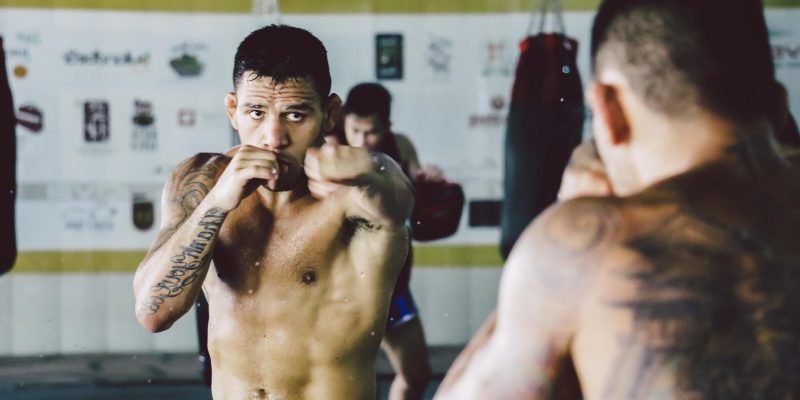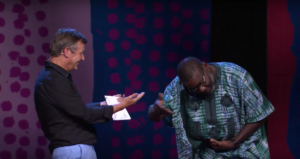This was written in the immediate aftermath of the coup that ushered in the military government of General Buhari. In those days we naively believed that a Military government was always the antidote to a malfunctioning civilian government like the Shehu Shagari administration. I even speculated then given the ubiquity and centrality of the military in all spheres of our lives, that Nigeria would eventually evolve into some sort of a Diarchy, with a capable appointed civilian government running the country while the Military stayed in the background firmly keeping a fractious country together, whilst its politics grows and evolves into a proper democratic nation. Looking back, we were wrong-the military is NOT an alternative to civilian rule-not even an incompetent one. What we have in our current representational democratic system (as opposed to participatory democracy) is the civil rule. Our democracy, while evolving is yet to become a full-fledged democratic republic or a Federal state for that matter. One major constraint is the 1999 constitution which is a Unitary system disguised as a Federal system. Sixty years on… we are still evolving…slowly. Enjoy
I can understand the smell of vengeance amongst Nigerians towards members of the former civilian administration, including those already expressed by my friends Sonala Olumhense of The Guardian, and Dele Giwa of the Sunday Concord.
In my private moments, I too can off-handedly think of a thousand and one excruciating ways of exacting revenge and disposing of some of the obnoxious members of the deposed Shagari administration. It would be nice also, for me to get the opportunity to get my steely fingers around the obese necks of one or two of them on the run.
I would squeeze and squeeze with all my might until my fingers ached. But for all my efforts and all my anger, the catharsis of my murderous rage would be a futile, empty expression. I would have only succeeded in asphyxiating the shadow, but not the substance.
My personal resentment against the Wayas’s, Akinloye’s, Dikko’s and Adewusi’s is not directed against their person but against the ugly, unpatriotic and selfish symbols of Nigerian leadership they represent. To be bothered about them personally is much the same thing as coprophilia, which I do not enjoy or partake in!
True, they have plenty to be accountable, but truer still, there are very few (if any) Nigerians who wouldn’t do exactly the same if they were placed in their shoes. The mess we are all in today, though compounded by Shagari and his friends, did not begin with him, and it most definitely will not end with the merciful termination of his maddening administration.
Nigerians are besotted with what I described as the ‘Messiah Syndrome’. We look up to our leadership for precepts, forgetting that we spawn our leaders and that the onus of setting exemplary standards of patriotism lies with us en masse. The culminant effects of over two decades of bad planning, bad management, institutionalised corruption and propagated tribalism (such an ugly word) amount to a formidable heap of rubbish.
It would be unrealistic – as many expect of the new government of General Buhari – to clear the rubbish with just one stroke of his swagger-stick. Just as it is naive of the Western press to conclude that by the military intervention, Nigeria has taken a great leap backwards.
As things stand now, it is difficult to assess accurately the progress chart and game strategy of the new administration. The overwhelming difficulty being that they are not saying much.
Their taciturnity readily breeds rumours, and lately, in the press, there has been a lot of speculative journalism. But one thing that the administration has made pointedly clear, by stressing strongly, is the question of accountability.
They have vowed to make the Shagari administration render an account of their stewardship. And within the structure of their own (Buhari’s) administration, accountability to the government and by extension to the people seems to be a premium.
A lot of their future goodwill will depend on how well they make true their vows. Nigerians are now used to broken promises. I personally refuse to be surprised by anything.
It is evident that the initial euphoria of the change is clearing and Nigerians are returning to their cynical selves. The various facets of Nigerian life, unscrambled three weeks ago, are now falling back into place — prices are going up again, the ‘arrangees’ are still around, and the armed robbers are back.
The underlying reason for the tenacity of the ugly side of Nigeria lies in the inveteracy of her bad habits. The only way to stop a bad habit is through will power. Have Nigerians got the will power and desire to change?
A possible answer lies partly with the emergence of this new administration and the overwhelming signs of acceptance with which it was received. But the answer itself rests squarely on Nigerians…you and me.
A lot of criticism has already been levelled against the new government. While I share their pragmatism, I also echo the rush of the revolutionaries, who realise that what must be done now!
I appreciate the fact that the government is under pressure, both from within and from without, and that it has to tread with measured steps, but I hope that, unlike previous governments, its punches will be landing squarely on the super-structural problems of this country, and not the shadowy adversaries that Nigerian is so fond of flailing at.
Saturday, January 21 1984
The Punch,

Mr. Lardner holds a Bachelor degree in Philosophy from the University of Lagos, and over the last twenty-five years gathered wide international experience including serving as an Adjunct Professor, Centre for New Media at the Columbia University School of Journalism (1996-8) and as a Research Fellow, Freedom Forum Media Studies Centre (1992-3) also at Columbia University. Mr. Lardner was also a Reuter Scholar/Knight Fellow with the Department of Communications at Stanford University (1988-9).
Mr. Lardner is an Internet savvy and globally recognized media and communications expert, having managed complex communications advisory services for various countries including Nigeria, as well as a sought after public policy analyst with a deep and broad understanding of the uses and impact of new information technologies and communications paradigms in the process of good governance in transiting democracies. He is a TED Fellow and the Executive Director of WANGONeT a technology-based non-profit he founded in 2000. He is currently sits on the board of Orun Energy, a promising business start-up focusing on providing alternative power for the Telecommunications sector in the developing world.


